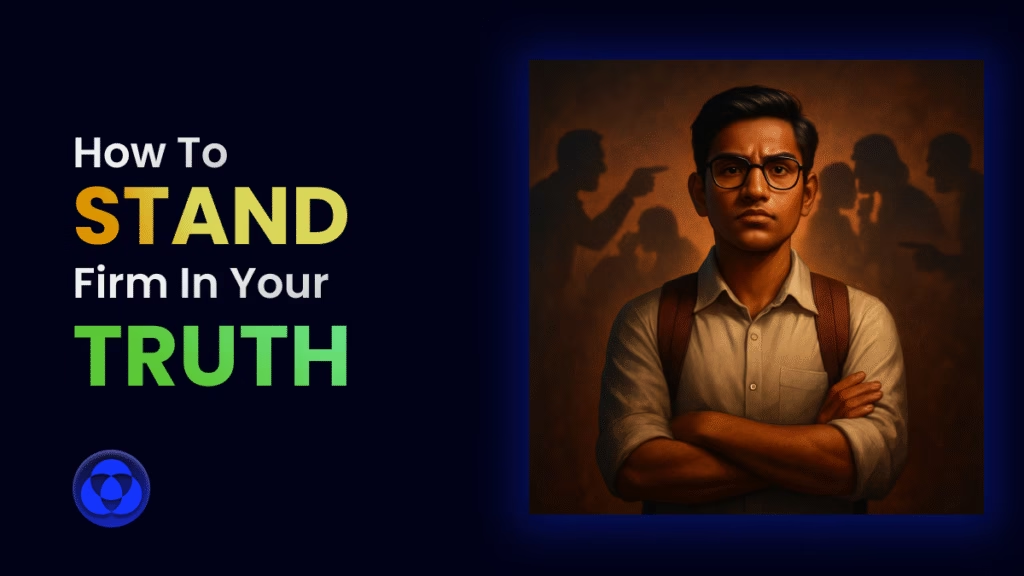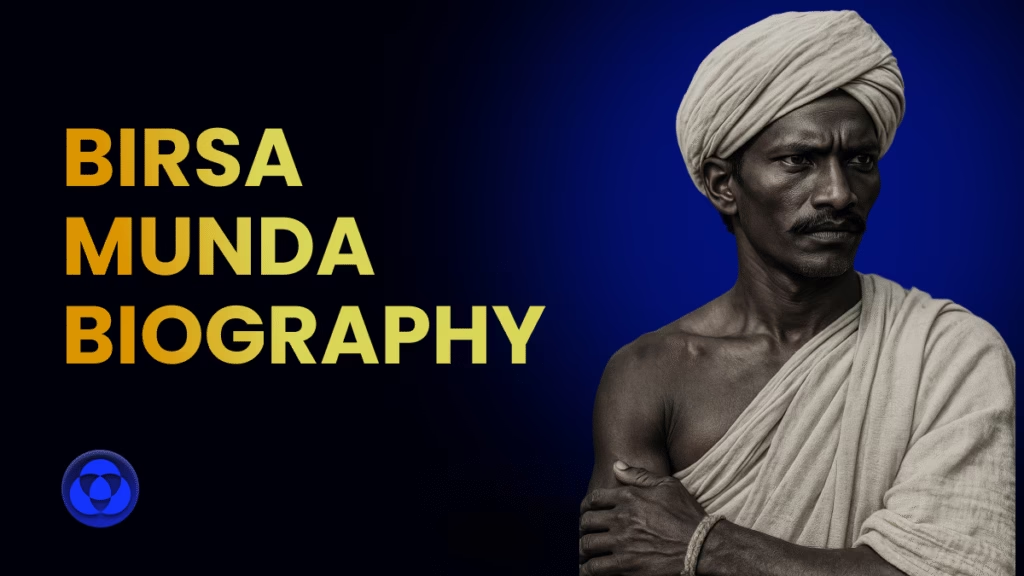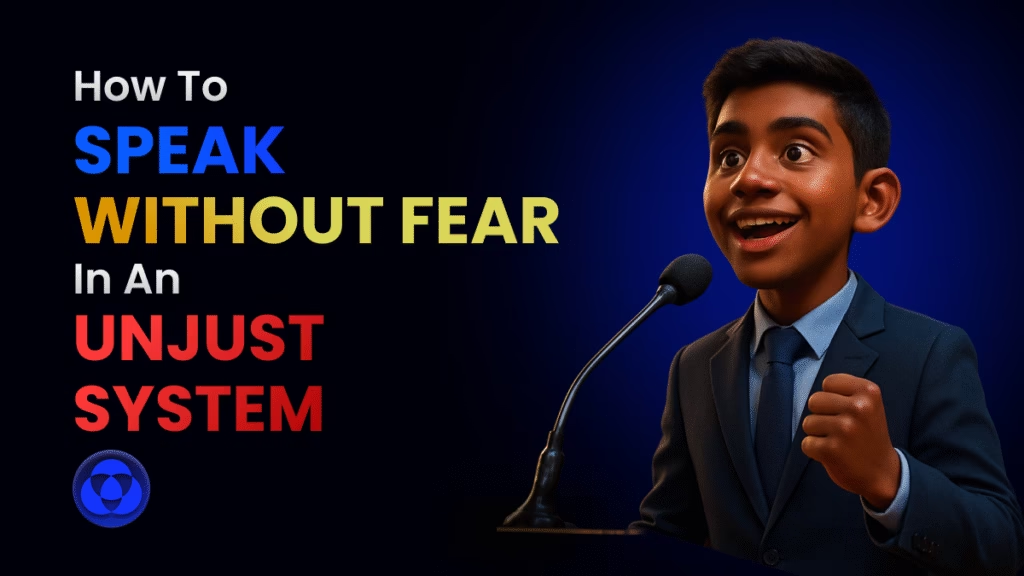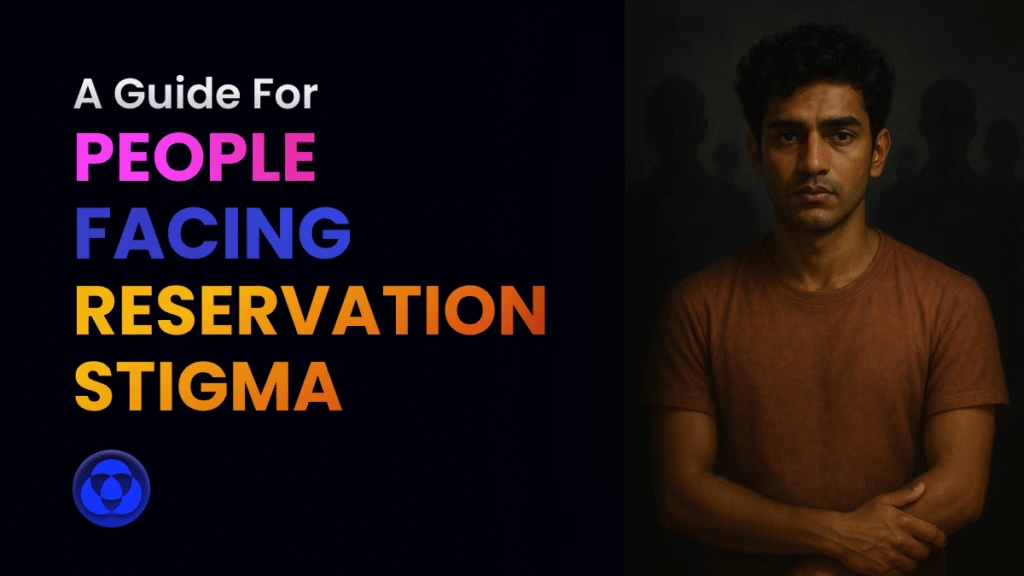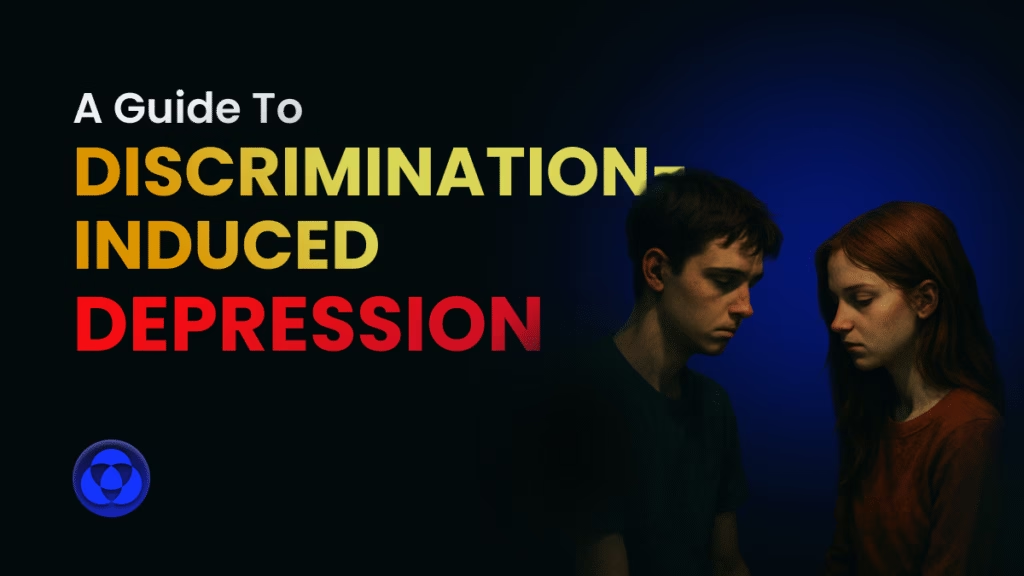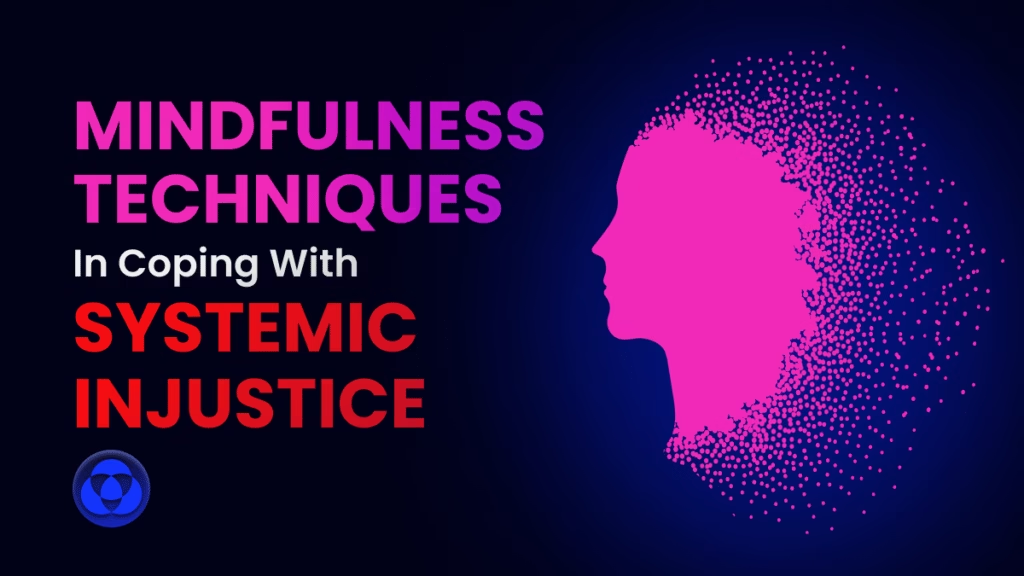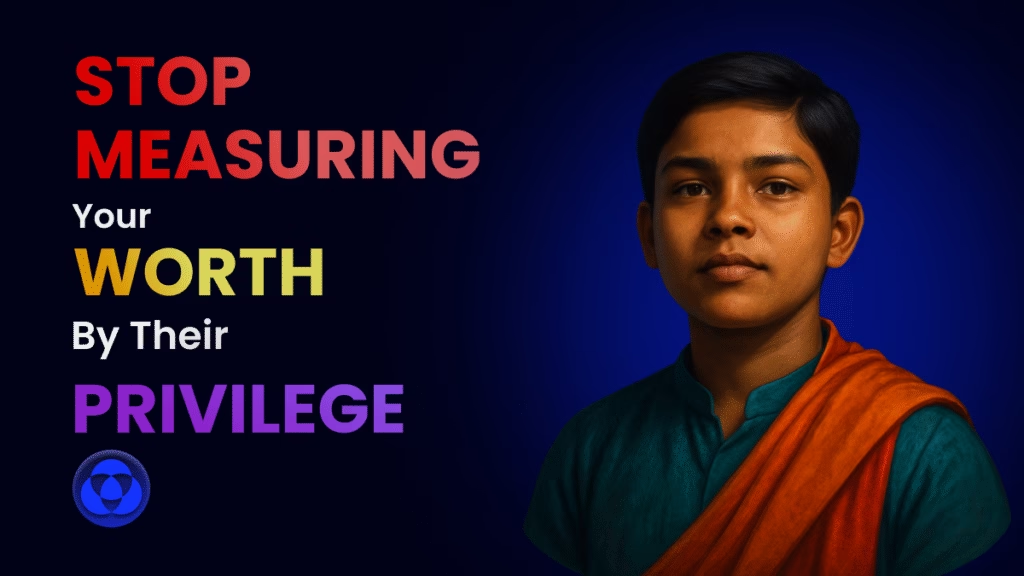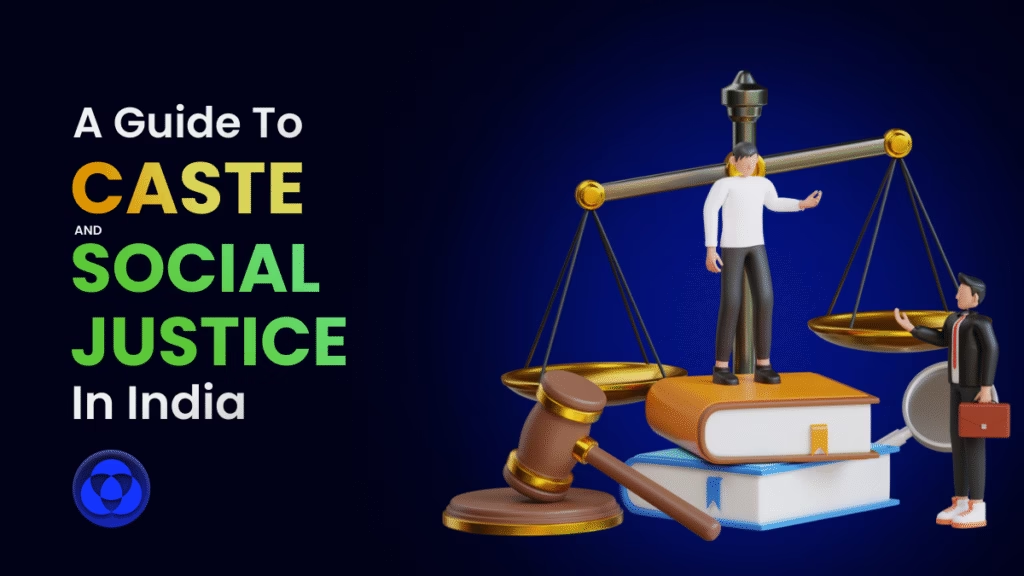Have you ever felt the need to explain why something hurt you only to be dismissed or questioned? “It wasn’t that bad.” “You’re being too sensitive.” “But what about others who have it worse?” These responses might sound familiar if you’ve ever tried to share your struggles, especially if you belong to a marginalized community.
For Bahujans and other oppressed groups, this experience is all too common. The pain of discrimination, exclusion, and injustice is real yet society often demands proof before acknowledging it. This constant pressure to justify suffering isn’t just frustrating; it’s harmful to our mental health and sense of self.
This article explores why Bahujans and other marginalized communities feel compelled to defend their pain, how this affects mental wellbeing, and most importantly, how to stand firm in your truth without seeking external validation. Because your experiences matter, whether others recognize them or not.
Why We Feel Pressured to Justify Our Pain
The Burden of Proof Falls on the Oppressed
When a Bahujan student faces casteist remarks in a classroom, or when a Bahujan professional is overlooked for promotion despite qualifications, these experiences aren’t isolated incidents. They’re part of a larger pattern of discrimination. Yet when these individuals speak up, they’re often met with skepticism:
“Are you sure that’s what happened?”
“Maybe they didn’t mean it that way.”
“Do you have proof it was because of your caste?”
This pattern exists across all forms of oppression. The burden of proof always falls on those experiencing discrimination, not on those perpetuating it.
Arjun, a 24-year-old student from a Bahujan community, shares: “When I told my classmates about the casteist comments I received from a professor, they asked for ‘specific examples’ and questioned if I had ‘misunderstood’ what was said. I ended up doubting myself, even though I knew what I experienced.”
Historical Erasure and Gaslighting
For centuries, dominant narratives have minimized or erased the suffering of marginalized communities. History textbooks gloss over atrocities, media portrays oppressed groups through stereotypes, and institutions maintain that discrimination is a thing of the past.
This systematic erasure creates an environment where Bahujans are gaslit about their own experiences. Gaslighting, which involves making someone question their own reality, is a powerful tool used to maintain existing power structures. When society repeatedly tells you that your pain isn’t real or is exaggerated, you begin to doubt your own perceptions.
Dr. Meena Kumari, a psychologist specializing in trauma among marginalized communities, explains: “Historical erasure creates a foundation for present-day gaslighting. When textbooks minimize caste atrocities or frame them as ancient history, it becomes easier to dismiss contemporary experiences of discrimination as ‘playing the caste card’ or ‘being oversensitive.'”
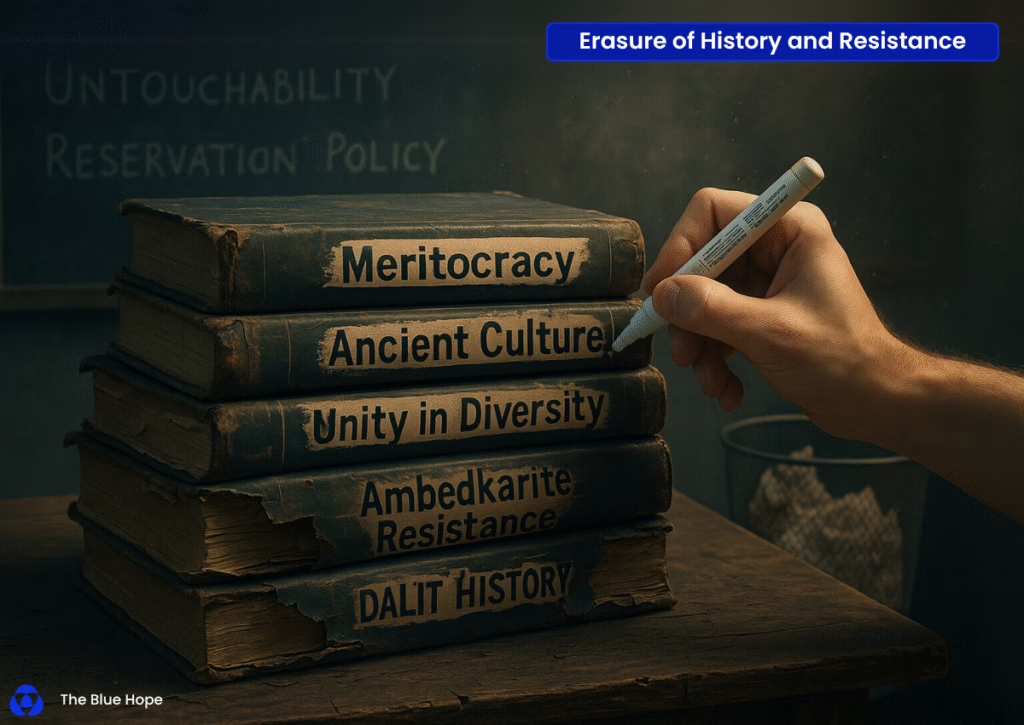
The Privilege of Ignorance
Those with privilege often have the luxury of not seeing oppression. When you’ve never experienced discrimination based on your caste, it’s easier to believe the world is fair and meritocratic. This creates a disconnect. What’s painfully obvious to Bahujans can be invisible to those with caste privilege.
This ignorance isn’t always intentional, but it’s harmful nonetheless. It places the burden on marginalized communities to educate others about their pain, often at the cost of their own mental health.
As Savita, a Bahujan rights activist, puts it: “I’m tired of having to prove my humanity. When I talk about discrimination, I’m expected to provide statistics, historical context, and personal examples. All while remaining calm and polite. Meanwhile, those with privilege can simply say ‘I don’t see caste’ and be applauded for their progressiveness.”
The Psychological Impact of Constantly Defending Your Pain
Self-Doubt and Imposter Syndrome
When your experiences are consistently questioned or dismissed, you may start to question yourself. Did that really happen? Am I overreacting? Maybe I’m just not tough enough.
This self-doubt can develop into imposter syndrome, feeling like you don’t belong or deserve recognition, even when you’ve earned it. For Bahujans who have fought against systemic barriers to achieve success, this feeling can be particularly damaging.
Ravi, a first-generation Bahujan professional, shares: “Even after graduating from a top university and securing a good job, I constantly feel like I need to prove I belong. When colleagues make subtle casteist remarks and I feel hurt, I question whether I’m being too sensitive instead of recognizing their behavior as inappropriate.”
Emotional Exhaustion and Burnout
The constant need to justify your pain is exhausting. It requires emotional labor, explaining, educating, and advocating while managing your own hurt. This ongoing effort can lead to burnout, a state of chronic stress that depletes your emotional resources.
Dr. Kumari notes: “Many of my Bahujan clients experience what we call ‘minority stress,’ the additional burden that comes from constantly navigating discrimination while also having to prove it exists. This creates a level of exhaustion that their privileged peers simply don’t experience.”
This exhaustion isn’t just tiredness, it can manifest as physical symptoms, difficulty concentrating, irritability, and even depression. When you’re constantly fighting to be believed, you have less energy for healing and growth.
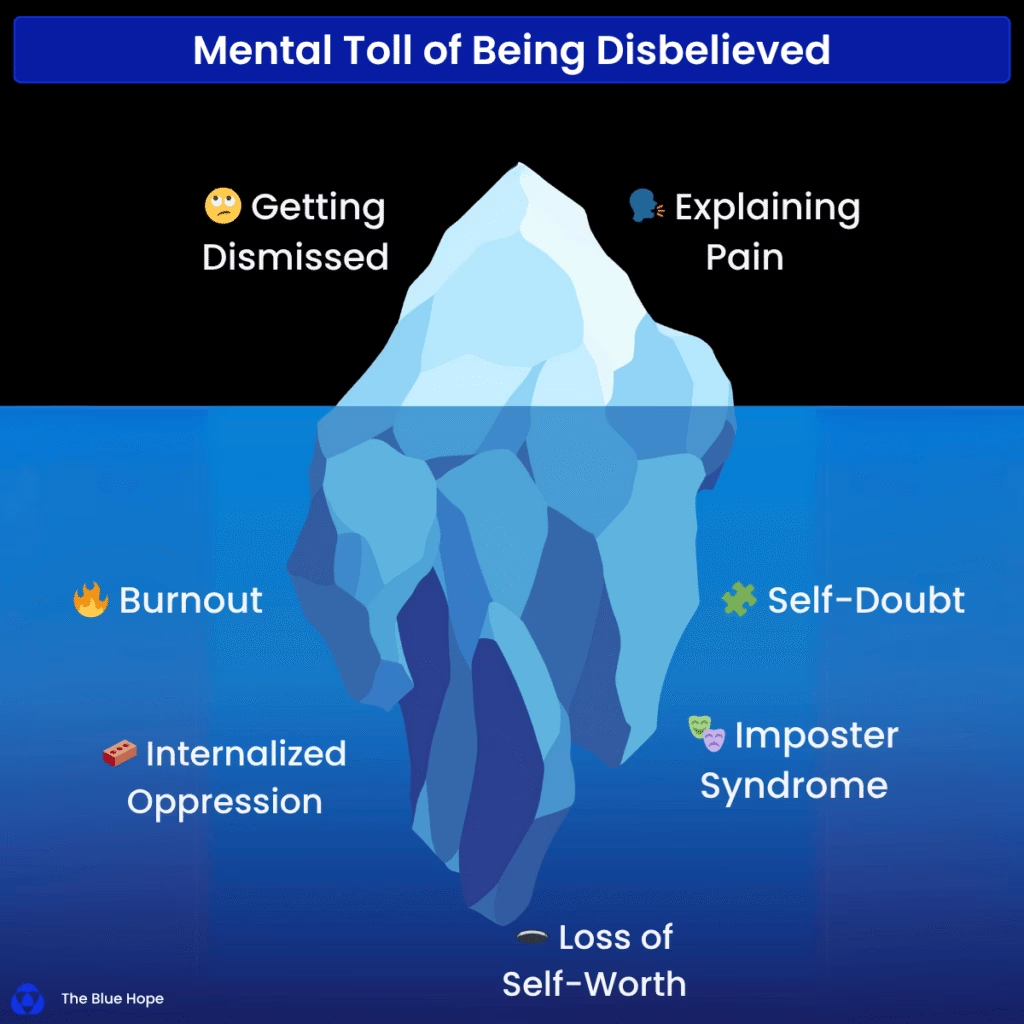
Internalized Oppression
Perhaps the most insidious impact is internalized oppression, when marginalized individuals begin to believe the negative messages society sends about them. After years of having your pain dismissed, you might start to dismiss it yourself.
Internalized oppression can look like:
- Minimizing your own experiences (“It wasn’t that bad”)
- Feeling guilty for speaking up (“I shouldn’t make a fuss”)
- Believing you deserve mistreatment (“Maybe this is just my place”)
- Distancing yourself from your identity (“I’m not like other Bahujans”)
Deepa, a community organizer, reflects: “Growing up, I tried to distance myself from my Bahujan identity. I’d laugh at casteist jokes and pretend discriminatory comments didn’t hurt me. It took years to recognize that I was internalizing oppression, believing I needed to deny my pain to be accepted.”
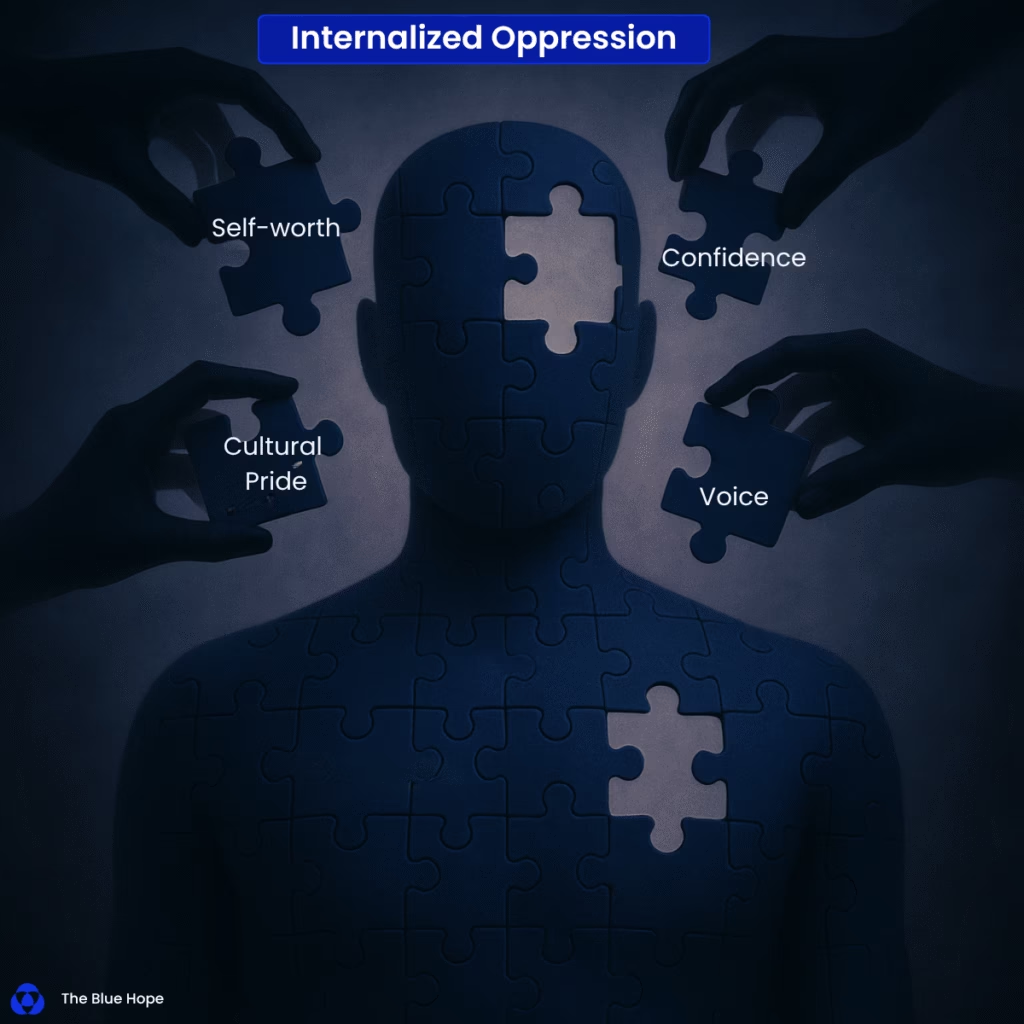
Why You Don’t Need to Justify Your Pain
Pain Is a Personal Experience
Pain, whether physical or emotional, is inherently subjective. No one can feel exactly what you feel, and no one has the right to tell you that your feelings aren’t valid.
Just as a doctor wouldn’t dismiss a patient’s physical pain because it doesn’t show up on an X-ray, no one should dismiss your emotional pain because they can’t see or understand it. Your lived experience is evidence enough.
Requiring “Proof” Perpetuates Oppression
The expectation that marginalized people must prove their pain is itself a form of oppression. It creates an uneven playing field where the powerful set impossible standards of evidence while simultaneously controlling access to that evidence.
Consider how institutions often lack data on caste discrimination because they don’t collect it, then use this lack of data to claim discrimination doesn’t exist. This circular logic serves to maintain the status quo while placing the burden on individuals to somehow prove what institutions refuse to measure.
Your Truth Exists Independent of Others’ Belief
Your experiences are real, whether others choose to believe them or not. The truth of what you’ve been through doesn’t require permission, approval, or validation from anyone else to matter.
Silence won’t protect you from harm, and denial from others can’t erase your reality. When you begin to trust your own voice and recognize that your truth stands on its own, you take back power that was never theirs to claim. Owning your story, even when it’s uncomfortable for others, is a powerful act of resistance and healing.
How to Stand Firm in Your Truth Without Seeking Validation
Trust Your Own Perceptions
The first step in standing firm in your truth is learning to trust yourself. This can be challenging after years of gaslighting, but it’s essential for reclaiming your narrative.
Start by acknowledging your experiences without qualification or doubt. Instead of thinking, “Maybe I misunderstood when they made that casteist remark,” try “I know what I heard, and it was hurtful.”
Practice mindfulness to strengthen your connection to your own perceptions. When you experience discrimination, notice your immediate feelings and thoughts before others’ opinions can influence them. These raw reactions are often the most honest.
Keep a journal to document your experiences. Writing helps validate your perceptions and creates a record you can return to when self-doubt creeps in. It also helps identify patterns of discrimination that might be easier to dismiss as isolated incidents.
Set Boundaries with Those Who Invalidate You
You have the right to protect yourself from people who consistently dismiss or question your reality. Setting boundaries isn’t selfish; it’s necessary for your wellbeing.
Clearly communicate your boundaries: “I’m not comfortable discussing this further if you’re going to question whether it happened.”
Be prepared to enforce consequences when boundaries are crossed. This might mean ending a conversation, taking a break from a relationship, or in some cases, cutting ties completely.
Remember that not everyone deserves access to your pain. Share your experiences with those who have earned your trust through consistent support and understanding.
Priya, a Bahujan writer, shares: “I used to try to convince everyone about the discrimination I faced. Now I save those conversations for people who approach with empathy rather than skepticism. With others, I simply say, ‘I’m not looking for your approval of my experience.'”
Find Community in Shared Experiences
One of the most powerful antidotes to gaslighting is community, connecting with others who understand your experiences without requiring explanation.
Seek out spaces where Bahujans and other marginalized people share their stories. These might be formal support groups, online communities, or informal friendships.
In these spaces, you’ll find the validation that society often withholds. More importantly, you’ll recognize that your experiences aren’t isolated incidents but part of larger systemic issues. This realization can be both painful and empowering.
Reclaim Your Narrative Through Self-Expression
When society tries to silence or rewrite your experiences, creating your own narrative becomes an act of resistance. Find ways to express your truth that feel empowering and authentic to you.
This might include:
- Writing (journals, blogs, poetry, social media)
- Art (painting, music, dance, photography)
- Storytelling (sharing experiences with trusted others)
- Activism (channeling pain into advocacy for change)
Anjali, a Bahujan artist, explains: “My paintings express the discrimination I’ve faced in ways words can’t capture. When people question my experiences, I no longer feel compelled to convince them. My art speaks my truth, whether they choose to see it or not.”
Practice Self-Compassion
Perhaps the most revolutionary act is showing yourself the compassion that society often withholds. Treat yourself with the kindness and understanding you would offer a friend sharing their pain.
When self-doubt arises, acknowledge it with gentleness: “It makes sense that I sometimes question my experiences after years of being dismissed.”
Forgive yourself for times you’ve minimized your own pain or sought validation from those who couldn’t provide it. These were survival strategies in a world that wasn’t ready to hear your truth.
Celebrate your resilience. Living authentically in a society that denies your reality takes tremendous strength. Recognize and honor that strength in yourself.
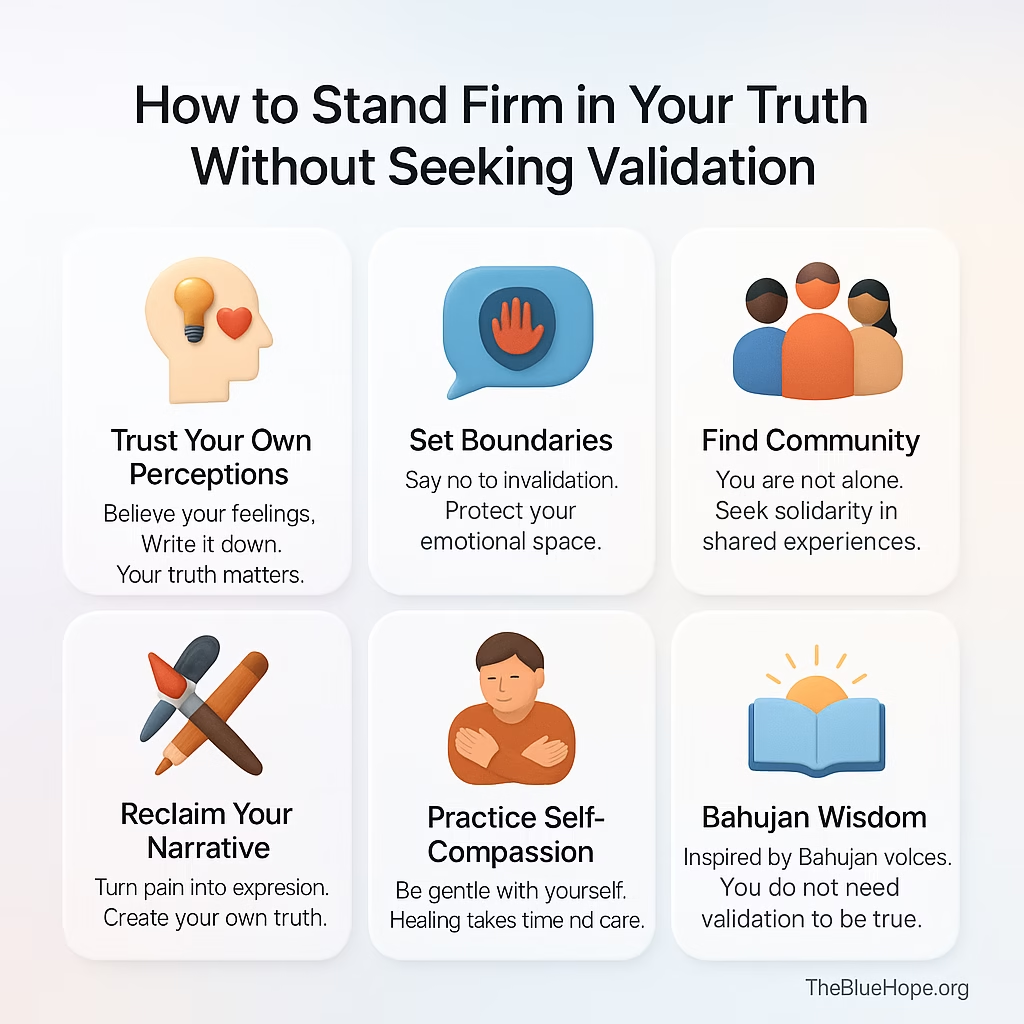
Addressing Common Fears About Standing in Your Truth
Q1: What if I’m really overreacting?
This fear often stems from years of being told your feelings are excessive. Remember that emotions aren’t right or wrong; they’re information about how you’re experiencing the world.
Instead of questioning the validity of your feelings, ask: “What is this emotion telling me? What need is it pointing to?”
Also consider: Would you tell a friend with the same experience that they’re overreacting? We often extend compassion to others that we deny ourselves.
Q2: What if I lose relationships by speaking my truth?
This is a valid concern. Standing firm in your truth may indeed change some relationships. Some people may distance themselves when they can no longer dismiss your reality.
However, relationships built on the denial of your experiences aren’t truly supportive. As painful as it may be to lose these connections, making space for authentic relationships is ultimately healing.
Many find that speaking their truth attracts deeper, more genuine connections with people who value authenticity over comfort.
Q3: How do I respond when people demand proof?
When faced with demands for evidence of your pain, you have several options:
Redirect the conversation: “I’m sharing my experience, not seeking your approval.”
Question their questioning: “Why is it important to you that I prove this happened?”
Set a boundary: “I’m not comfortable continuing this conversation if you’re questioning whether my experience is real.”
Disengage: Sometimes, the most self-protective response is to recognize that some people aren’t ready to hear your truth, and that’s not your responsibility to fix.
Q4: What if speaking up makes things worse?
This fear is grounded in reality. Speaking truth to power can have consequences, especially for those already marginalized. Your safety always comes first.
Assess the risks in each situation and make choices that protect your wellbeing. Sometimes this means speaking up; other times it means finding safer ways to honor your truth.
Remember that standing in your truth doesn’t always mean public declaration. It can be as simple as acknowledging your reality to yourself, even when you can’t express it externally.
The Revolutionary Power of Self-Belief
Breaking Cycles of Oppression
When you stop seeking validation for your pain, you break a cycle that has silenced marginalized voices for generations. By trusting your own perceptions, you reject the gaslighting that keeps oppressive systems in place.
This isn’t just personal healing; it’s political resistance. Every time a Bahujan refuses to justify their pain, they challenge the power structures that benefit from their silence.
Creating Space for Others to Speak
Your self-belief creates ripples. When you stand firm in your truth, you show others that they can do the same. This is especially powerful for younger generations who are looking for models of authentic resistance.
Sunita, a Bahujan teacher, shares: “When I stopped apologizing for naming discrimination in faculty meetings, something shifted. Other marginalized colleagues began speaking up too. My refusal to justify my experiences created space for others to honor theirs.”
Reclaiming Mental Energy for Growth
The energy previously spent defending your reality can now be directed toward healing, joy, and growth. Imagine what becomes possible when you’re no longer exhausting yourself trying to convince others of what you already know to be true.
This reclaimed energy can fuel creativity, community building, and systemic change. It transforms survival into thriving.
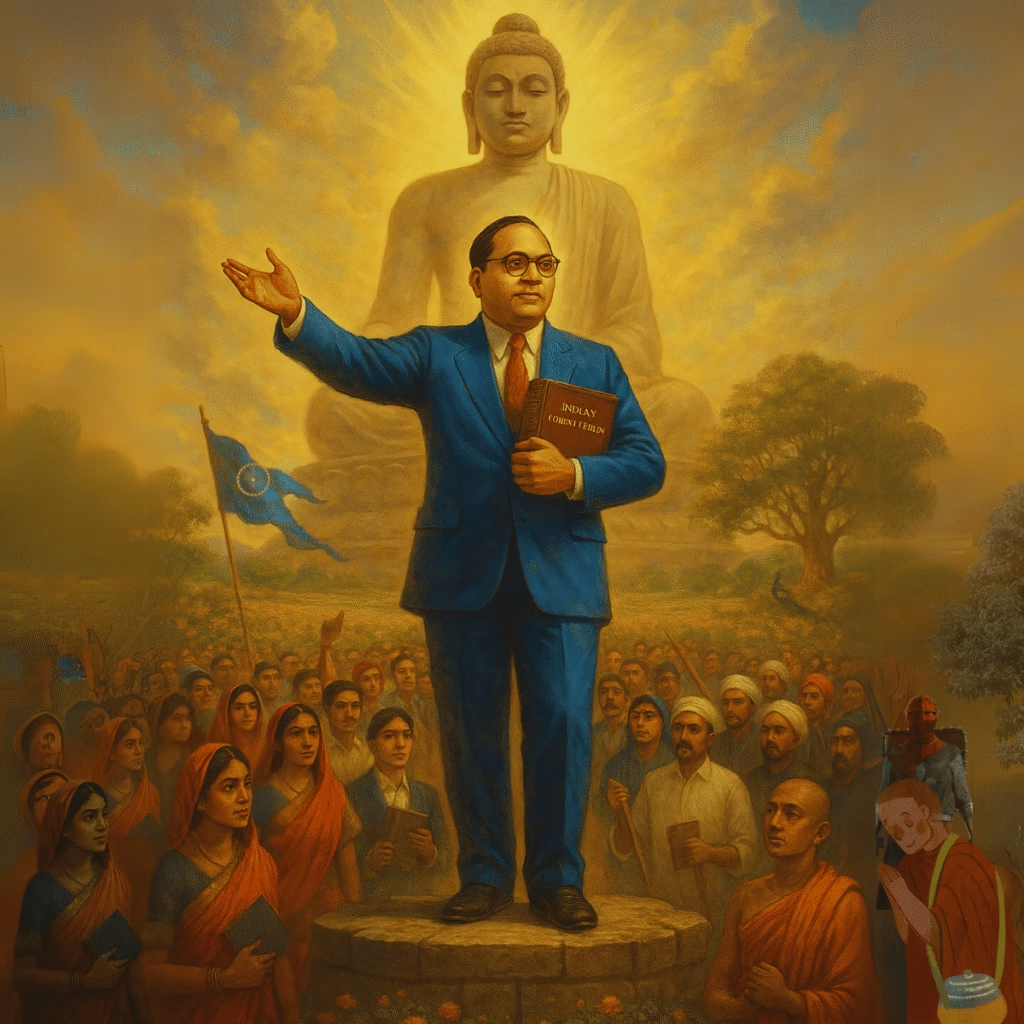
Conclusion: Your Pain Doesn’t Need Permission to Exist
Your experiences as a Bahujan or as any marginalized person are valid, whether others acknowledge them or not. The discrimination you face, the microaggressions you endure, the barriers you navigate are real and do not require external validation to be true.
Standing firm in your truth isn’t about convincing others. It’s about honoring your own experiences and refusing to participate in your erasure. It’s about recognizing that your pain doesn’t need justification to deserve care and attention.
This journey isn’t easy. In a world built on denying the realities of oppression, choosing to trust yourself is radical. There will be days when self-doubt returns, when the pressure to explain and defend feels overwhelming. On those days, remember:
Your truth exists independent of others’ belief in it.
Your pain doesn’t need permission to be acknowledged.
Your voice matters, even when, and especially when, others try to silence it.
As you practice standing firm in your truth, you’ll discover a strength that doesn’t come from external validation but from within, from the quiet certainty that you know your own experience better than anyone else ever could.
And in that knowledge, there is power. Not the power to control how others respond, but the power to remain rooted in your reality regardless of their response. The power to say, without apology or explanation: This is my truth. It doesn’t require your belief to exist.
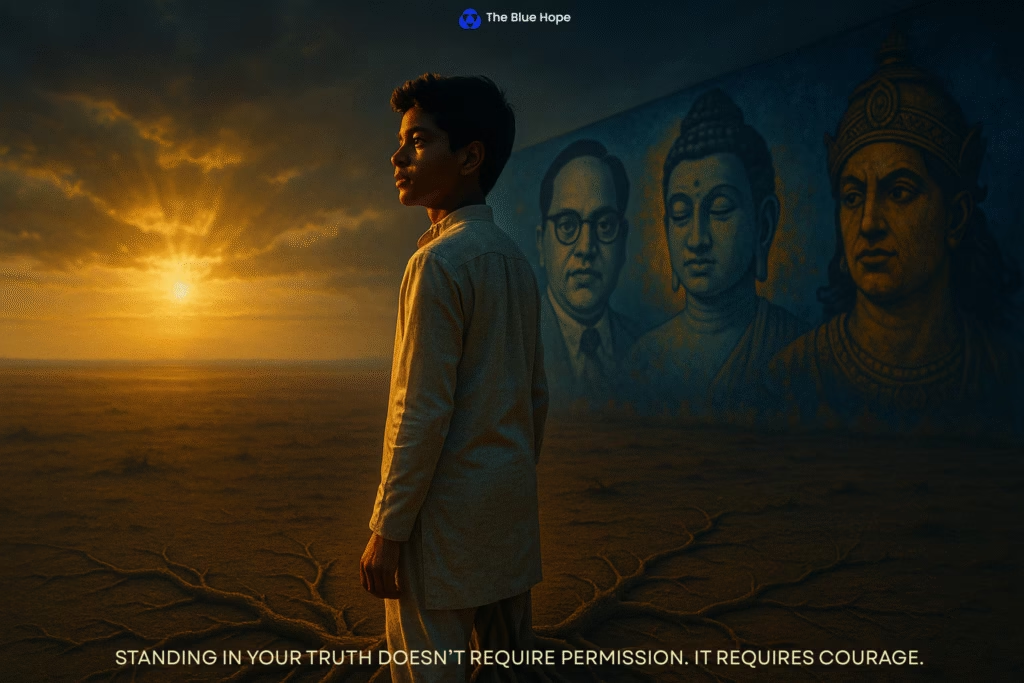
That is freedom. That is healing. That is the revolutionary act of trusting yourself in a world that tells you not to.
Your pain is real. Your experiences matter. And you don’t need to justify either one.

